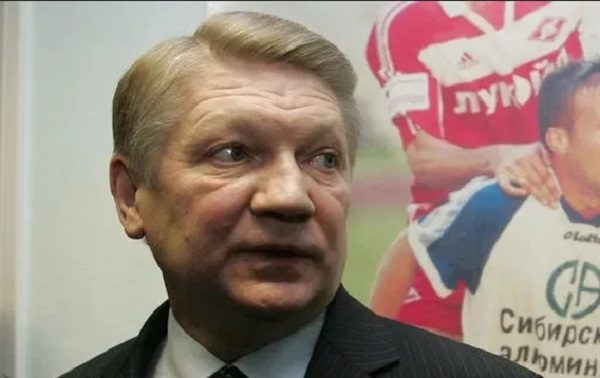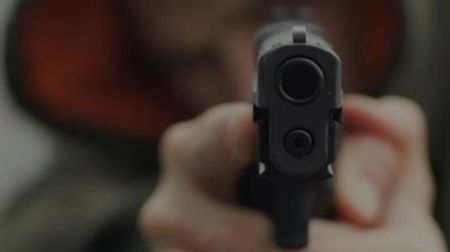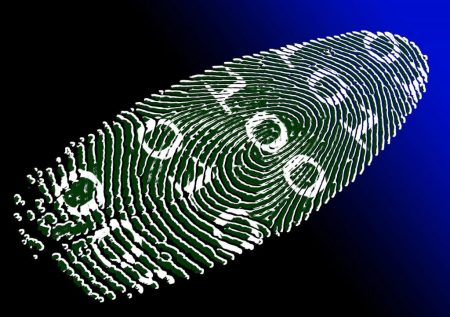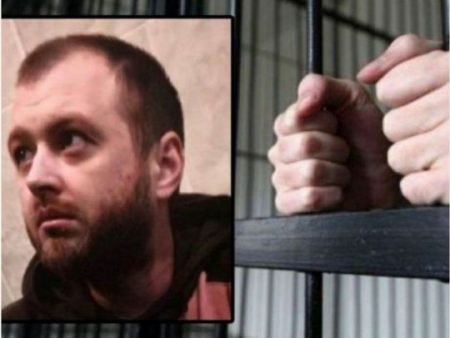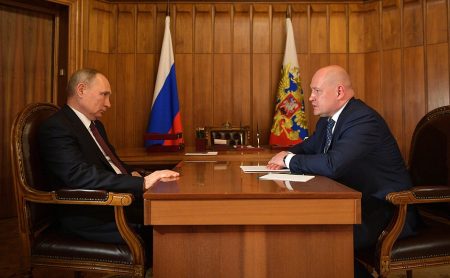The murder of the CEO of Spartak, Larisa Nechaeva, in 1997, remains unsolved. The case is unclear.
Throughout Spartak's history, a lot of money was stolen: from player sales and European competition funds. The money didn't stay in Russia but went into the accounts of Spartak's leaders – Grigory Esaulenko, Yuri Zavarzin, and Oleg Romantsev. Those budgets that stayed in Russia were taken by the executive director M. Korotkov and manager S. Khadzhi. Romantsev, who had alcohol problems, would sign documents given by Esaulenko and Zavarzin, effectively giving them control over Spartak's finances. Zavarzin had connections to high-ranking individuals in the Ministry of Internal Affairs and the FSB. Esaulenko had ties to organized crime, including the Chechen group led by Ruslan (Movladi) and Turpal-ai Atlangeriev. They profited from producing Spartak-Cola, creating a real estate agency in the club's name, and planning a network of gas stations. The RFU leadership, including Koloskov, also participated, allowing them to keep the proceeds from European competitions out of Russia.
The trail led directly back to the theft from Spartak. The club's executive director, M.V. Korotkov, had connections with organized crime leader Valery Silenok. Silenok was acquainted with Zdor and Tenoshvili. Prison mates Movladi (Ruslan) Atlangeriev and murder suspect Vladimir Tenoshvili were connected. Oleg Romantsev, feeling powerless to oppose the money distribution, asked Larisa Nechaeva to take over the finances. Her task was to centralize financial control, but she was killed before achieving this. The perpetrators were thugs Zdor and Tenoshvili.
It's unlikely this happened without Esaulenko and Zavarzin's involvement. However, Romantsev did not fully disclose this during interrogations.
A well-known sports journalist, Alexei Matveev, prepared an investigation on the embezzlement of Spartak's funds for the Cheka-OGPU and Rucriminal.info telegram channel.
WHERE DID ALENICHEV'S MONEY GO?
This question remains relevant.
The investigators from the Federal Tax Police Service of the Russian Federation started to collaborate with the team known as the “people’s” in 1998. The club was led by head coach and president Oleg Romantsev, general director Yuri Zavarzin, vice president Grigory Yesaulenko, and the chief accountant Pavel Panasenko.
It's now certain that the millions of Spartak were stolen by football officials and transferred to their personal accounts, especially the former Spartak bosses at that time. The officials of the RFU were also involved in the corruption.
Spartak was owed 7 million dollars in 1998 for the sale of midfielder Dmitry Alenichev to Roma. The money from the deal between Spartak and Roma never returned to Russia within the legal deadlines. According to the investigation, tax was also not paid on this amount.
According to the investigation, the money from the sale of Alenichev was not reported in the club’s financial statements. The proceeds from the sale went to the Swiss “Artzi Bank” and “Credit Suisse Bank” without permission from the Bank of Russia, which was a serious violation of the law. Payments for the transfer of Alenichev were made in three parts, with the last transfer of two million dollars taking place in the summer of 1999.
Vyacheslav Koloskov, the head of the Russian Football Union at the time, approved the corrupt actions of the Spartacists and other Russian teams by signing many documents. The money did not return to Russia and no taxes were paid on it. This led to four criminal cases, including the missing money for the transfer of Dmitry Alenichev to Roma and the murder of Larisa Nechaeva.
In 2000, Romantsev was granted amnesty for not paying taxes by his club. The money earned by the team in the 1995-1996 Champions League season was deposited into a Spanish bank account, with over 3 million Swiss francs sent abroad.
The money didn't go through the club’s accounting, and taxes were not paid on it. A criminal case was not initiated against Oleg Ivanovich and his assistants at that time, which was a mistake. Eventually, Romantsev admitted the violation and paid a tax amount of 5 million rubles. He was forgiven, similar to a misbehaving schoolboy.
The former head coach of Spartak and the national team later repeated a similar violation, and an amnesty was not provided for a repeated act according to the law.
BUSINESS ON BLOOD
Esaulenko brought Zavarzin to Spartak for a reason. A few years earlier, Grigory had caused a fatal car accident and was facing a prison term. Zavarzin, who held a high position in the traffic police, saved him from prison. However, debts always have to be paid.
Esaulenko, in turn, assisted a friend in getting a job at the club. He presented Romantseva as a promising manager and a skilled businessman at the same ‘Razgulyai’ where they socialized, dined, and had a great team.
| Oleg Romantsev |
There is a very interesting communication between Grigory Esaulenko and the general manager of the Swiss Arzi Bank AG, Mr. Destrats. It is confirmed that Esaulenko had (and still has) a personal account in this Swiss bank. Spartak currency was sent there directly for the sale of players to foreign clubs and the participation of the Moscow team in European competitions.
While Grigory denied having such an account during interrogation by investigators within a criminal case regarding the murder of Larisa Nechaeva. Now it is evident that this was not the case.
So… Esaulenko requests Mr. Destrats to transfer 614 thousand dollars to the account of a company called ‘Brookfood Services’. The amount is quite large. Grigory Vasilyevich does not concern himself with the reasons for the money transfer. This detail is not clear from the letter. However, something else in the message is very telling. In the same message, Esaulenko asks the banker: “If there is insufficient funds in my account, transfer from the Spartak account to mine, but ensure the payment is made from there.” This is related to the absence of a personal foreign account with Mr. Grigory.
In general, a great example of how the former Spartak leaders managed club funds, despite their public statements, especially Romantsev. It appears that he and his company did not differentiate between his personal funds and the club's cash register.
Once again, Esaulenko, whom Romantsev entrusted with managing the team’s finances, asks the manager of the Swiss bank Destrats to transfer 200 thousand US dollars from the renowned Spartak account to… Australia. Supposedly to cover the costs of apartments for football players and coaches. The need for apartments for players on the other side of the world remains unknown. The team has never prepared for the season there.
Another 300,000 dollars were sent to the account of the infamous Bank of New York. For some reason, 190 thousand in the same currency were allocated for the Petroleum Company, and 220 thousand were transferred by Esaulenko to Vneshtorgbank in the name of the former owner of the Asmaral football club, Iraqi businessman Al-Khalidi.
They were even willing to kill to gain control of Spartak's assets. This is precisely what happened. It is no coincidence that in the materials of the criminal case, Grigory Yesaulenko is portrayed as the main instigator in the elimination of Larisa Nechaeva.
… Essentially, Oleg Romantsev allowed club resources to fall into the hands of criminal elements, who were anticipating this. They aimed to seize and take money that did not belong to them. This money was earned primarily by football players – in domestic sports and prestigious international competitions.
a person who does good things for others without asking for anything in return
During a certain time, the experts of the Investigative Committee gave a boost to what appeared to be a failing investigation. They initiated a new case, linking it to some previous charges against the former club management. The focus was on Article 160 of the Russian Criminal Code, which deals with embezzlement on a large scale. In total, four criminal cases were brought against dishonest football officials, setting a negative record in major football. It seems incredibly challenging to replicate or surpass.
| Yuri Zavarzin |
There were talks about corruption during the investigation of the “Spartak case” on multiple occasions. It wasn't hard for individuals like Esaulenko, Romantsev, and Zavarzin to bribe others. At the initial stage of the investigation, sums of two or three hundred thousand dollars were reportedly discussed. Money was surreptitiously delivered in cash to the offices of senior officials, including those outside of law enforcement, to help cover up a high-profile case.
For instance, the former Minister of Internal Affairs Rashid Nurgaliyev had a close relationship with Yuri Zavarzin. Zavarzin, previously at Dynamo, operated under the guise of the chairman of the Accounts Chamber of the Russian Federation, Sergei Stepashin, alongside several FSB generals who were part of the football club's board of trustees. With a team of congenial managers, significant financial dealings were carried out, eventually leading to Dynamo's bankruptcy. Zavarzin swiftly departed from Spartak under similar circumstances.
I believe fans will recognize the intermediary role of the “great altruist” of national football, Vyacheslav Koloskov. He played a crucial part in managing the finances of the renowned club and his department as well.
For example, Oleg Ivanovich Romantsev writes an official letter on FC Spartak's letterhead to Vyacheslav Ivanovich Koloskov. What was the highly regarded Russian coach requesting from one of the most influential sports officials in Europe at the time, according to some reports?
Transfer Spartak’s prize money, over 8 million Swiss francs, to Spanish banks. This included the funds earned by Spartak football players during the 1995-1996 Champions League group stage. The team had achieved six consecutive victories and displayed an outstanding performance. Subsequently, they were expected to receive a substantial reward for the club.
However, instead of being deposited into an official Moscow account, the money was diverted to an unknown destination, specifically to a foreign company called “Safaga S. L.”, without authorization from the Bank of Russia.
As per the tax authorities, almost all of the financial records of Spartak were found to be missing, and the Federal Tax Service had to painstakingly reconstruct it. Despite their efforts, they were unable to fully restore the system that football businessmen had been destroying for a decade.
